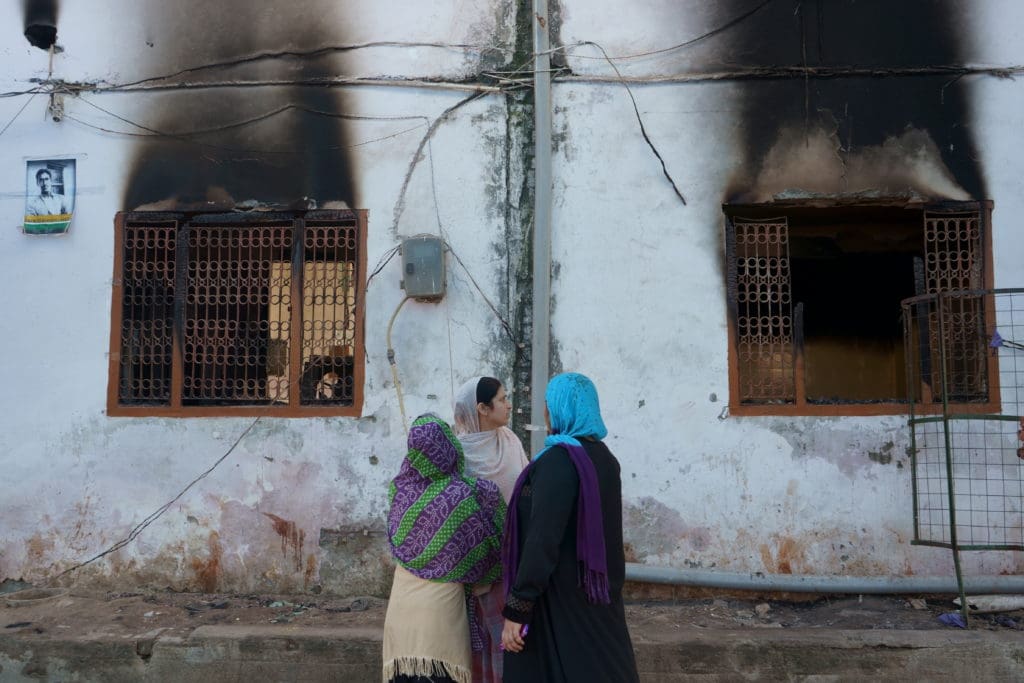The divisive seeds sown by the proponents of Hindutva extremism and the Bharatiya Janata Party were amply watered and spread by the Church leadership on several instances, especially in regions under the Pala diocese.
By Haritha John
By the time Bishop Joseph Kallarangatt, the head of the Pala diocese in Kerala’s Kottayam district, cautioned the faithful against ‘love jihad’ and ‘narcotic jihad’ during a sermon in September 2021, the narrative that young Christian women were being wooed by ‘jihadists’ was firmly established in the minds of Syrian Christians. The divisive seeds sown by the proponents of Hindutva extremism and the Bharatiya Janata Party (BJP) were amply watered and spread by the Church leadership on several instances, especially in regions under the Pala diocese. The resultant mistrust between Christians and Muslims has had consequences in electoral politics too.
Take the example of Poonjar, one of the seven Assembly constituencies under the Pathanamthitta Lok Sabha constituency. A Christian majority constituency within which lies the Muslim-dominated town of Erattupetta, Poonjar is an interesting case study to understand how Hindutva is capitalising on both the latent and obvious Islamophobia among Syrian Christians for electoral and other gains. Both Erattupetta and Poonjar, located 5 km from each other, lie on the eastern side of Kottayam district. Notably, Syro Malabar churches in Poonjar fall under Bishop Kallarangatt’s Pala diocese.
For 25 years – 1996 to 2021 – Poonjar was represented in the Kerala Assembly by PC George, a politician formerly associated with various factions of the Kerala Congress and currently a member of the BJP. Infamous for his vile language and problematic statements, most residents of Poonjar and Erattupetta agree that it was certain acts by George, done with an eye on political gains, that fanned the communal flames in the region.
This story was originally published in thenewsminute.com. Read the full story here.





